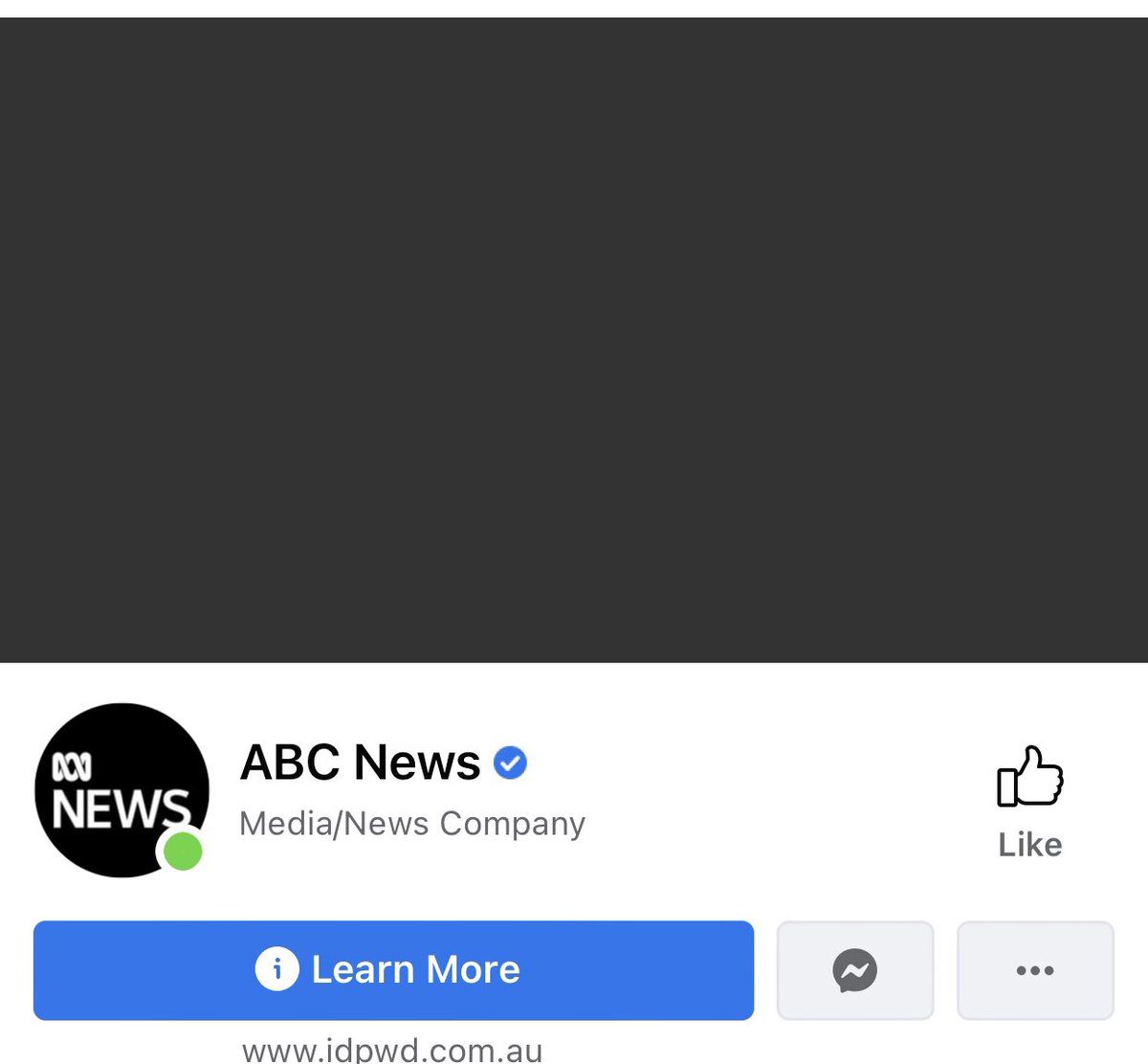
Final thought ordering on the FB/Aus issue.
1. Facebook is entirely within its rights to remove any /all links and pages from its platform so it doesn’t have to pay a link tax on news.(Even though it already does exactly this for news tab, which is ad hoc and discretionary)
1. Facebook is entirely within its rights to remove any /all links and pages from its platform so it doesn’t have to pay a link tax on news.(Even though it already does exactly this for news tab, which is ad hoc and discretionary)
2. But the manner and timing of the removal was potentially damaging, and reckless. It removed many items that were not news (like healthcare sites, community pages) and news that is a long way outside the corporate media - eg half all pages in First Nation media network
/It removed the links with no notice before the law has been passed. It wasn’t yet required to remove the links at all. It was simply demonstrating its power over all those terrible people that take advantage of Facebook like ...North Shore Mums
/It removed the material without actually knowing HOW to remove news links from its own site, or WHO would be affected . Even when the law is passed there is a grace period of several weeks to withdraw. But Facebook *chose* instantaneous bulk - during a pandemic.
3. Does FB’s right to remove news links to comply with the law give it blanket immunity from the broader social responsibility it bears to a society where it operates?
4. If Facebook were a civically minded company it could still legitimately withdraw news links from Australia. However in order to fulfill a basic duty of care to its users and all citizens it would have done it in an *entirely* different way. With notice, and care.
5. Facebook is not civically minded. It is commercially minded. It does not care about harm that flows from its actions, it cares about the commercial liability that accompanies it. And, Facebook does not care about news or misinformation. It cares about perception.
6. Google is pretty much the same but smarter. It too would be very happy if news organisations died tomorrow and a perfect ML solution that put people + data together to produce ‘information’ appeared . Google recently closed a local news experiment in the middle of a pandemic..
....not because it couldn’t afford it. So given all the above it is not a viable long term solution to have Facebook or Google arbitrating on how journalism should function, on which organisations should be funded and which should not.
7. The interaction of news services with platforms, the distribution of news services, the support for journalism needs regulation. The Aus act might not be the right law, but, arguably it is better than no law. More enforceable civic obligations are needed not fewer //
• • •
Missing some Tweet in this thread? You can try to
force a refresh




